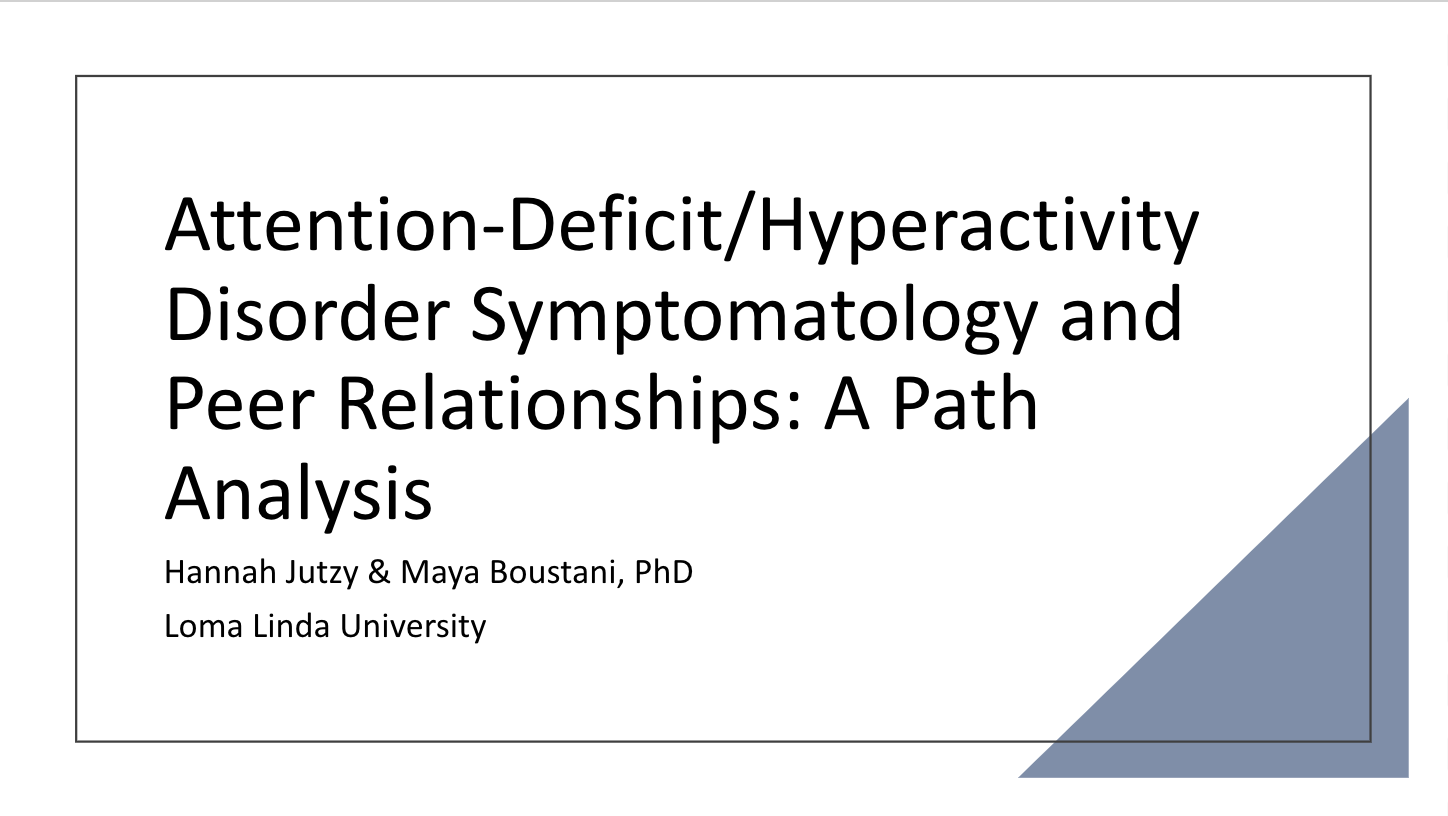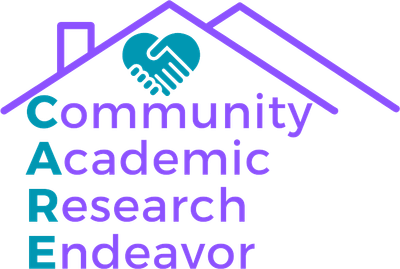Attention-Deficit/Hyperactivity Disorder Symptomatology and Peer Relationships: A Path Analysis

Background: Attention-Deficit/Hyperactivity Disorder (ADHD) is a neurodevelopmental disorder with symptoms associated with inattention, impulsivity, and hyperactivity. ADHD is frequently accompanied by impairments in social functioning, especially in peer relationships. While social impairments are well documented, there is little empirical evidence of the influence of specific symptoms frequently theorized to affect relationships in individuals with ADHD. Method: A path analysis was conducted to assess a model of the relationships among ADHD severity level, four ADHD symptoms (distraction, listening behavior, talkativeness, and interruption behavior), and peer relationships. We hypothesized positive relationships among ADHD severity and the four symptoms, and negative relationships among ADHD severity, the four symptoms, and peer relationship quality. Data were obtained from the Centers for Disease Control and Prevention (CDC) National Survey of the Diagnosis and Treatment of ADHD and Tourette Syndrome (NS-DATA), conducted in 2014. Parents or guardians were interviewed via telephone to collect data about 2,966 children diagnosed with ADHD (70.7% male, 77.7% White, 25.9% 16-17 years old). Results: The inclusion of a path between ADHD severity and peer relationship quality created a saturated model, CFI = 1.00. Prior analyses conducted without the path indicated adequate model fit. ADHD severity was significantly associated with increased distraction, listening behavior, talkativeness, and interruption behavior, ps < .05. Interruption behavior was significantly affected by talkativeness, p < .05. Listening behavior, interruption behavior, and ADHD severity were significantly associated with reduced peer relationship quality, ps < .05. Increased distraction and talkativeness did not significantly impact peer relationship quality, p > .05. While these results were significant and partially supported our hypotheses, these factors explained only 20% of the variance in peer relationship quality. Further research is necessary to determine the specific influences of social deficits in children with ADHD.
Keywords: Attention-Deficit/Hyperactivity Disorder, ADHD, Peer Relationships, Peer Functioning, Social Functioning, Social Deficits



